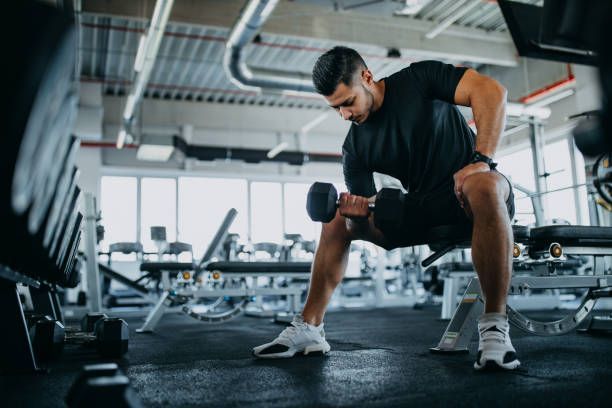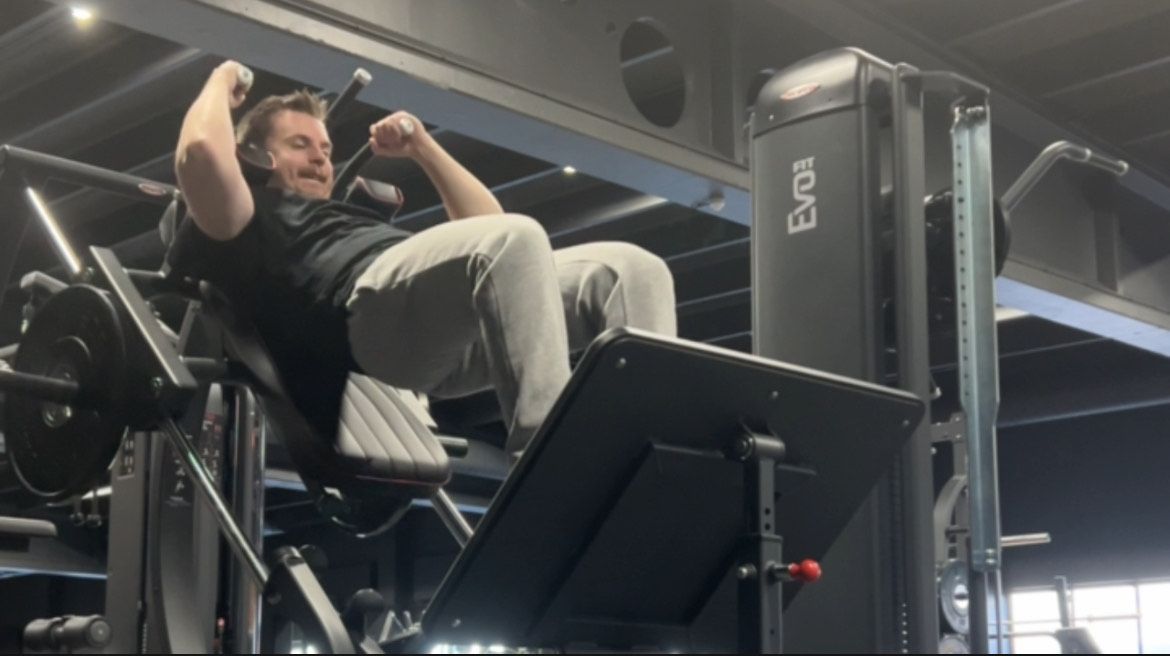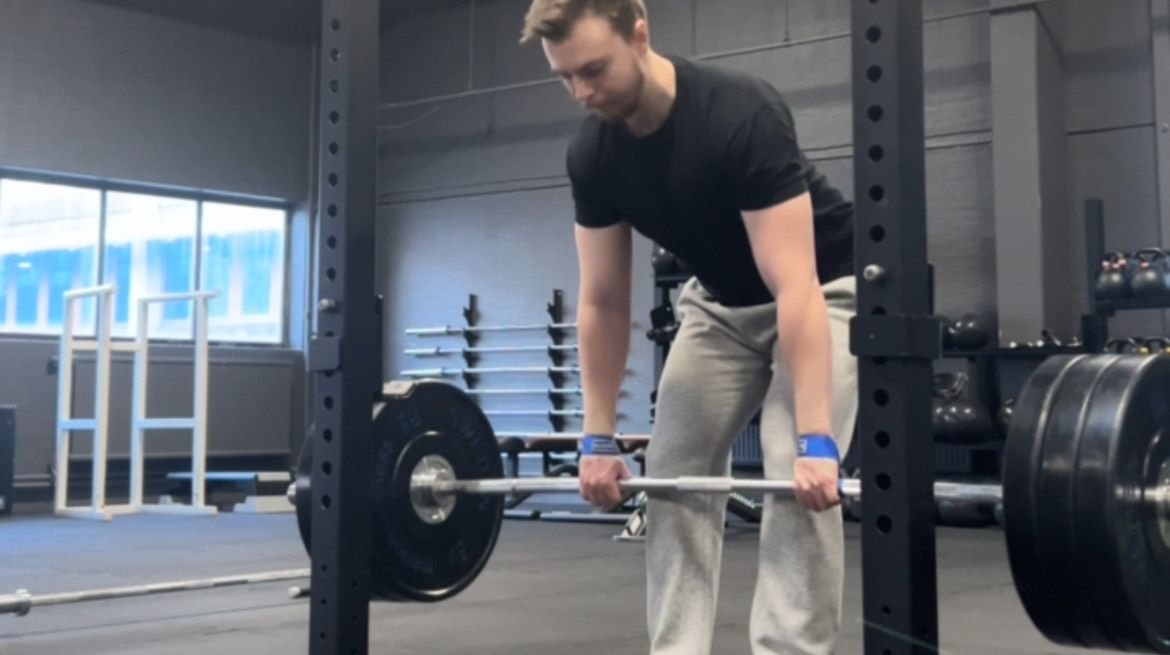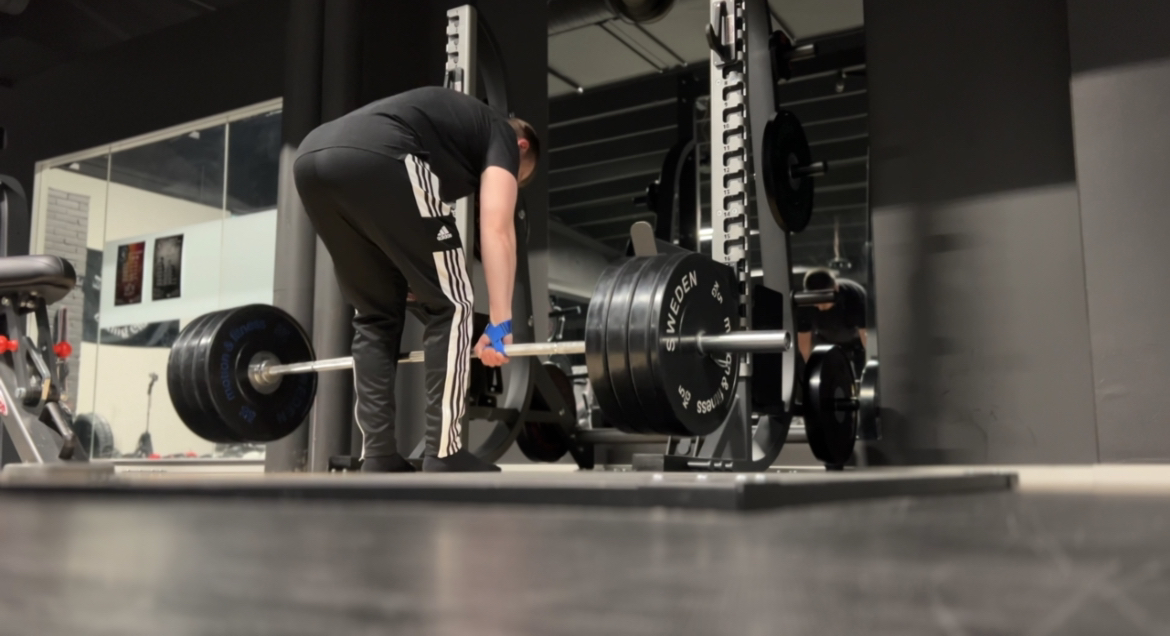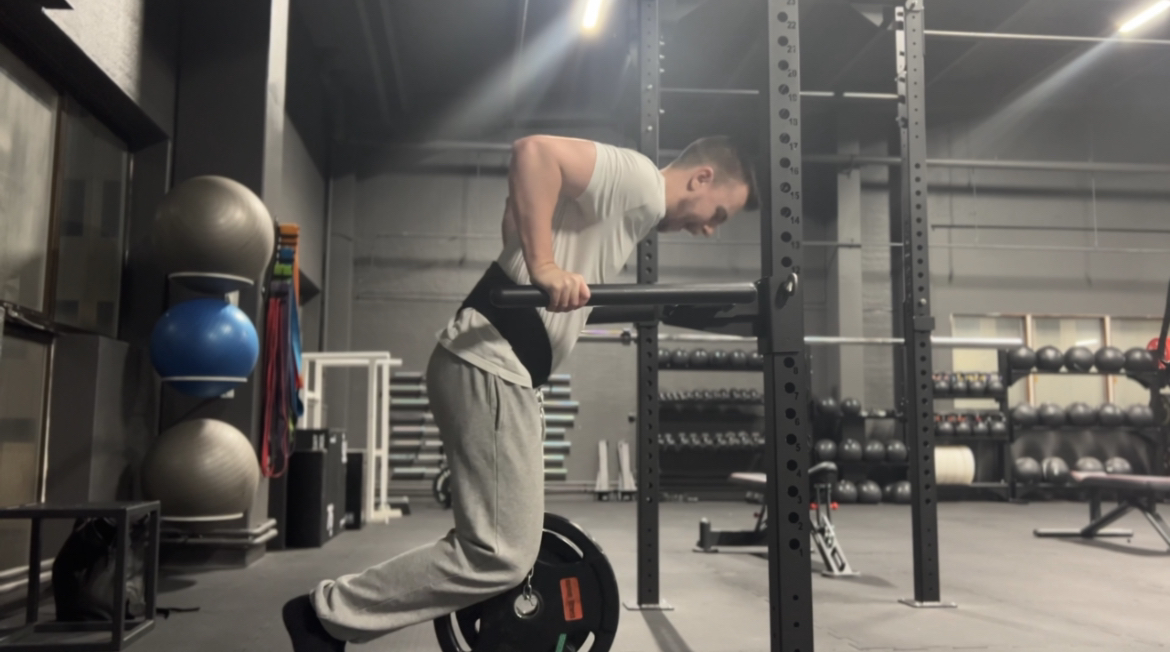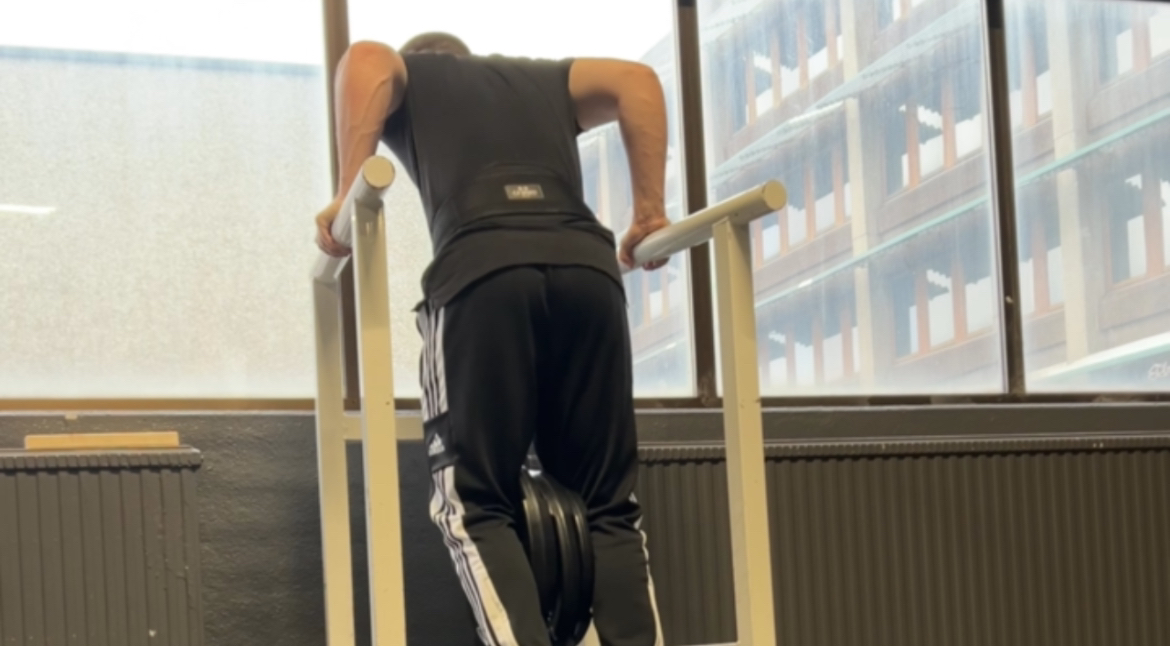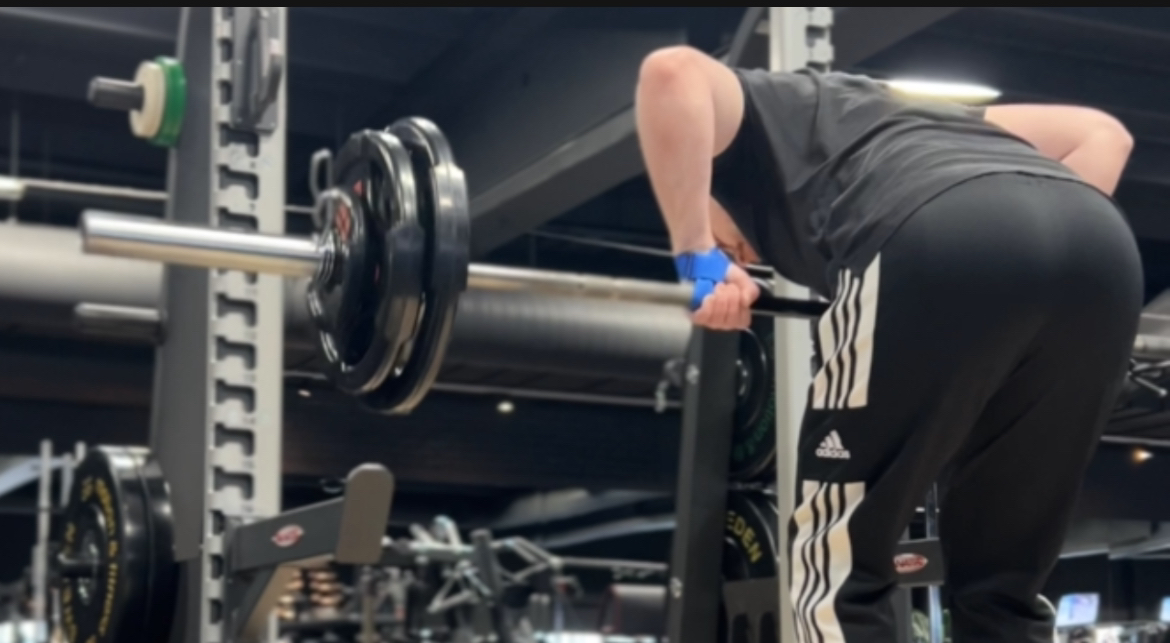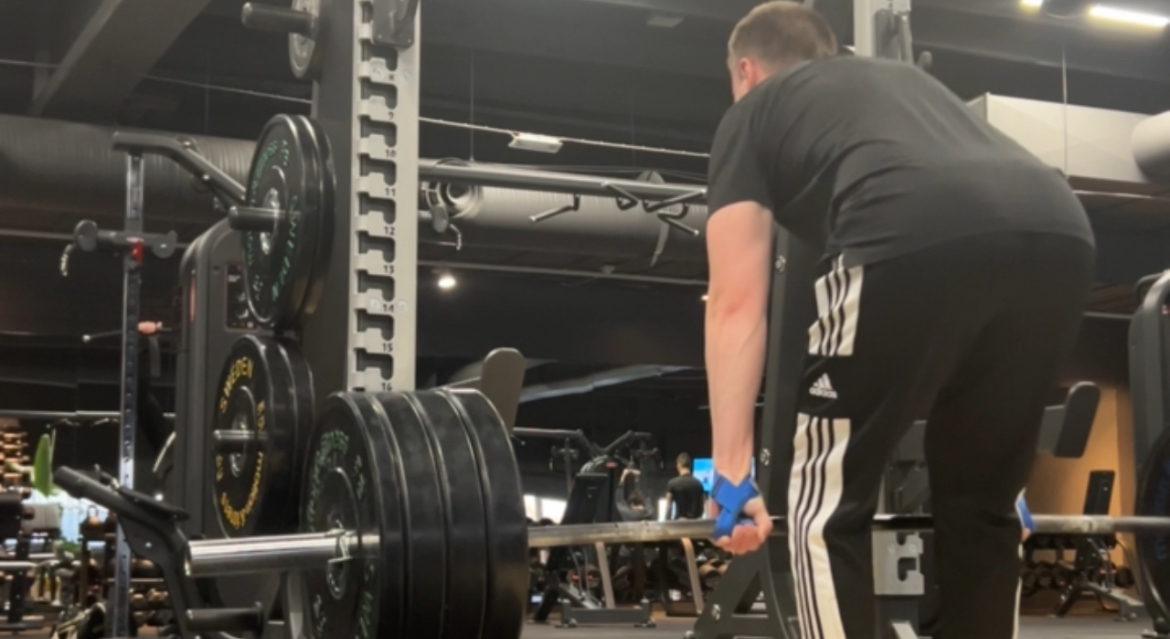Stop skipping rear delts
Get some wide shoulders
When it comes to shoulder workouts, the rear deltoids (rear delts) are often neglected. Many gym-goers focus on the more visible front and side delts, leading to imbalanced shoulder development. However, prioritizing rear delt training offers a multitude of benefits that go beyond aesthetics. Here's why you should focus more on your rear delts in the gym:
1. Improved Shoulder Health and Stability
The rear delts play a crucial role in shoulder stability and overall shoulder health. They help balance the shoulder joint by counteracting the pull of the stronger front delts. Strengthening the rear delts can reduce the risk of shoulder injuries, improve posture, and alleviate shoulder pain, particularly for those who spend long hours sitting or working at a desk.
2. Balanced Shoulder Development
Focusing on all three heads of the deltoid muscle (front, side, and rear) ensures balanced shoulder development. Imbalances can lead to poor posture, increased injury risk, and a less aesthetic appearance. Strong rear delts contribute to well-rounded shoulders, enhancing the overall symmetry and proportion of the upper body.
3. Enhanced Athletic Performance
The rear delts are vital for many athletic movements, including pulling and rowing motions. Strong rear delts improve performance in sports that require these movements, such as rowing, swimming, and various racket sports. Additionally, they enhance performance in compound lifts like deadlifts, rows, and pull-ups by providing better shoulder stability and strength.
4. Better Posture
Modern lifestyles often lead to rounded shoulders and poor posture due to prolonged sitting and forward-oriented activities. Strengthening the rear delts can help counteract this by pulling the shoulders back and promoting a more upright posture. Improved posture not only enhances physical appearance but also reduces the risk of developing musculoskeletal issues.
5. Increased Upper Body Strength
Strong rear delts contribute to overall upper body strength. They are involved in many compound movements and support the back muscles in pulling exercises. By incorporating rear delt exercises into your routine, you can enhance your performance in other upper body exercises, leading to greater strength gains overall.
6. Aesthetic Benefits
While the rear delts might not be as visible as the front and side delts, they significantly impact your overall physique. Well-developed rear delts add depth and thickness to the shoulders, contributing to a more muscular and balanced appearance. This is especially noticeable from the side and rear views, creating a more impressive and symmetrical upper body.
7. Preventing Muscular Imbalances
Focusing too much on the front delts can lead to muscular imbalances, which increase the risk of injuries and negatively affect joint health. Neglecting the rear delts exacerbates this issue, as the anterior muscles become disproportionately stronger. Incorporating rear delt exercises helps maintain balance between the front and back of the shoulder, promoting better joint health and functionality.
Effective Rear Delt Exercises
To ensure you’re giving your rear delts the attention they deserve, incorporate these exercises into your workout routine:
Reverse Pec Deck Flyes
Sit on a pec deck machine facing the pads. With arms slightly bent, push the pads backward, squeezing your shoulder blades together. This isolates the rear delts effectively.
Bent-Over Dumbbell Lateral Raises
With a slight bend at the waist and knees, hold dumbbells with palms facing each other. Raise the weights to the side until your arms are parallel to the floor, focusing on squeezing the rear delts.
Face Pulls
Using a cable machine, set the pulley to face height and attach a rope. Pull the rope towards your face, keeping your elbows high and squeezing your shoulder blades together.
Rear Delt Rows
With a barbell or dumbbells, bend at the waist and row the weight to your chest, focusing on squeezing the shoulder blades together and engaging the rear delts.
Reverse Cable Crossovers
Using two high pulleys on a cable machine, cross your arms and grab the opposite handles. Pull the cables across your body in a reverse fly motion, focusing on the rear delts.
Conclusion
Focusing more on rear delt training offers numerous benefits, from improved shoulder health and stability to better posture and enhanced athletic performance. By incorporating specific exercises that target the rear delts, you can achieve balanced shoulder development, reduce the risk of injuries, and create a more aesthetically pleasing and symmetrical physique. Don’t overlook this essential muscle group in your training regimen – your shoulders will thank you for it.

